|
Genres, Themes, Actors, and Directors:
- Biopics
- Flashback Films
- John Huston Films
- Montgomery Clift Films
- Psychotherapy
- Susannah York Films
Review:
Considered by many to be a flawed if interesting failure, John Huston’s condensed tale of Freud’s evolution as a theorist and practitioner in the nascent field of psychoanalysis tells a surprisingly taut mystery story, one grounded in the ever-elusive search for traumatic origins. Through an exploration of Freud’s interactions with several strategically constructed hysterical patients — interwoven with potent flashbacks from Freud’s own dreams and past — we understand how he came to develop, one insight at a time, his highly controversial theories of repression and neurosis. Because so much has been (and continues to be) learned about psychology and the unconscious, it’s easy to dismiss Freud’s valuable contributions to the early field of psychotherapy; yet Huston’s biopic is less an adulation of Freud (who comes across as appropriately neurotic) than an exploration of how wide-reaching theories evolve and face criticism within a certain era and social milieu.
Grounding the film are strong central performances by Clift and Susannah York, as well as wonderfully atmospheric cinematography (by Douglas Slocombe) and creative direction. The flashback scenes, while occasionally contrived, appropriately convey the panic and confusion often felt in one’s dreams and in the slippery memories of childhood. The literate script, though talky, is surprisingly absorbing; according to Jonathan Rosenbaum’s review in The Chicago Reader, the film was actually “scripted mainly by Jean-Paul Sartre”, who “withdrew his name from the project after his second draft — which would have made a much longer film — was radically condensed”. Keeping in mind that biopics can never fully or adequately cover the scope of a famous individual’s life, Freud nonetheless remains a worthy entry in our understanding of this controversial figure.
Redeeming Qualities and Moments:
Must See?
Yes, as an unusual and compelling psychological thriller by a master filmmaker.
Categories
Links:
|
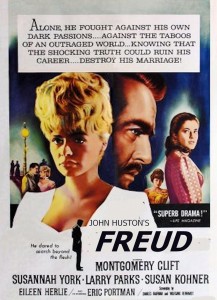
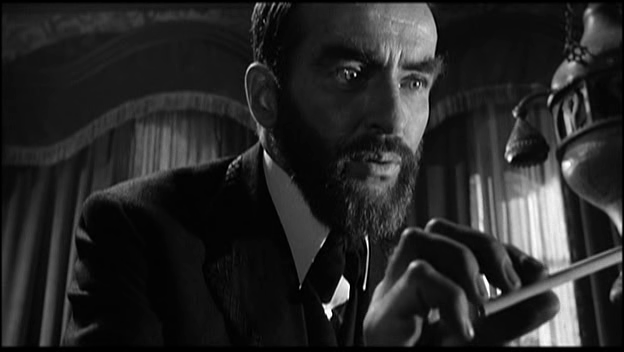
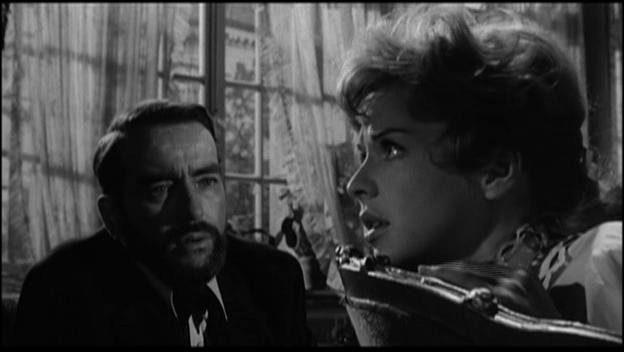
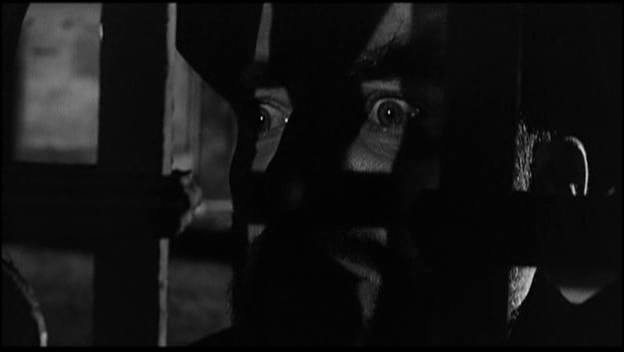
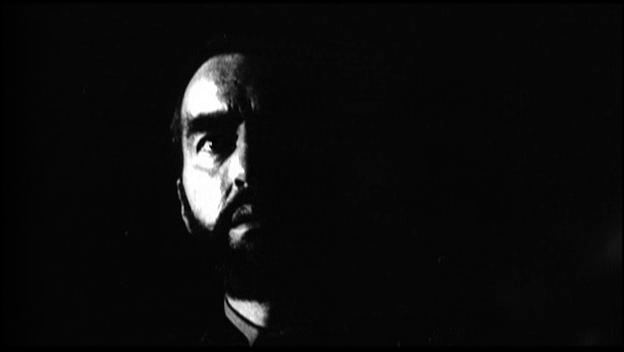
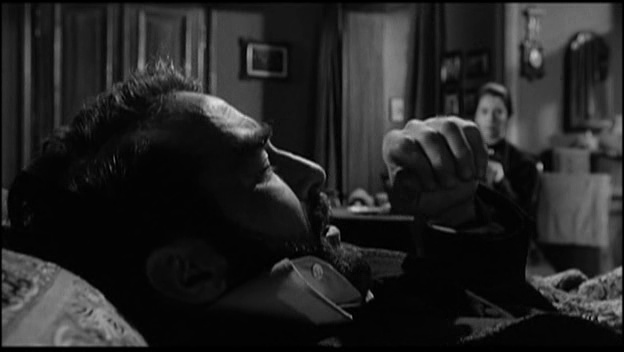

One thought on “Freud (1962)”
Must-see. As per my post in ‘Film Junkie’ (fb):
“Truth is a dangerous prescription.”
‘Freud’ (1962): Huston’s now strangely obscure film can be all but impossible to find – not even TCM shows it, it seems. I just found it online and watched it. (I’d seen it years ago.) Cronenberg took his own stab at Freud (‘A Dangerous Method’) – also an impressive work – but seeing Huston’s film again reminded me of its strength. Wikipedia quotes ‘Le Monde’: “Probably too risky for its day, the film was a surprise sleeper hit: theatres in the midwest had to ditch scheduled features when audience demand quadrupled – such was the morbidity of the times. An overlooked gem even to this day, this is an unfortunate loss since ‘Freud: The Secret Passion’ is a remarkable film.” …I agree. It’s a rich experience; complex and intelligent – with a marvelous cast backing up a superb Montgomery Clift in the title role.